Transparent Labs KSM-66® capsules are the perfect option if you're after a high-quality, organic, and standardized Ashwagandha (Withania somnifera) extract.
Each capsule provides the clinically studied dose of 600 mg KSM-66®, which is the most extensively studied ashwagandha extract available, standardized to contain 5% bioactive withanolides.
Ashwagandha is arguably the most versatile adaptogenic herb known to man. Its multifunctional benefits are the subject of ongoing research, with studies thus far showing that it controls stress and anxiety, eases inflammation and fights oxidative stress, improves mood and mental performance, promotes healthy metabolic, endocrine, and immune function, and supports sexual function.

















